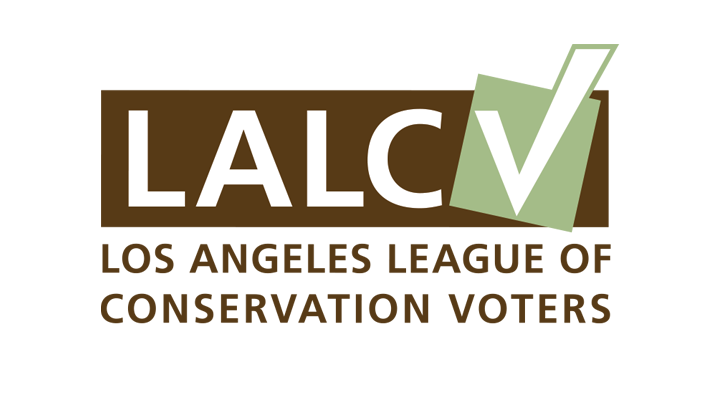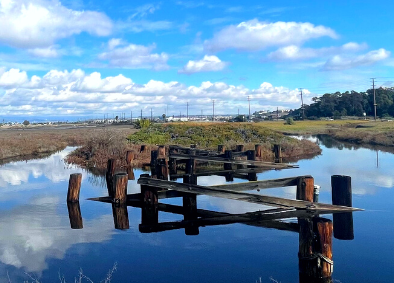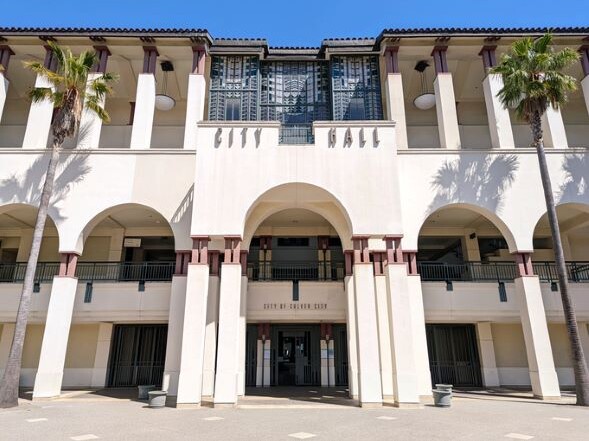On June 7th, voters in L.A. County’s 3rd Supervisorial District, which makes up a good portion of the Westside and most of the San Fernando Valley, will be choosing between two State Senators and a West Hollywood councilmember to replace retiring Supervisor Sheila Kuehl. Senator Bob Hertzberg, whose district covers a wide swath of the Valley, and Henry Stern, which covers another large portion as well as Agoura Hills, Calabasas, Malibu and Westlake, will each square off with West Hollywood Councilmember Lindsey Horvath. All three are Democrats.
The trio have been hitting the public forum and debate scene, including a March 24 online forum sponsored by the Los Angeles League of Conservation Voters (LALCV). Hertzberg spoke first, telling the environmental organization, “I’m the only individual in this race who has deep experience in the renewable/climate change sector.” He continued by talking about his 12 years out of office (between his time as Speaker of the Assembly and being elected to the State Senate) working on renewables and electric vehicles around the world.
Referencing the good deal of attention being paid to the L.A. Mayor’s race, Senator Stern countered that there’s really just as much at stake in this contest. “The power of this supervisorial seat is going to dictate so much of what the future of L.A. looks like,” said Stern. He warned of the dangers of continuing on as an oil and gas region and the threat to preserving open and recreational space as key pieces of his environmental priorities.
Councilmember Horvath claimed to have gotten into the race “with a sense of urgency,” concerned that, as she says, “many of the solutions I’ve heard offered are being pitted as zero-sum games. We need to deliver on homelessness and housing – two major crises that affect every part of this district and every part of our county.” She also spoke to the existential crisis of climate change and vowed to fight it.
LALCV partner Maro Kakoussian, representing Physicians for Social Responsibility and the Stand L.A. Coalition, reminded the candidates that emissions and fossil fuel infrastructure (like refineries) disproportionately affect lower-income communities and communities of color. She then asked the three to speak to how they would ensure de-carbonization efforts benefit those communities, who, she said, “are on the front lines of the climate crisis.”
Horvath emphasized implementation of the County’s “OurCounty” plan and it’s 12 climate response goals (https://bit.ly/3JCjAw5). She also said, “We need to make sure we are adopting de-carbonization practices not just for future construction, but also for existing construction,” which she has experience with at the local level.
Stern said, “I think we can de-carbonize our building sector in a way that’s just and in a way that cuts family budgets down to size where you’re not spending half your income on fuel, from either the gas industry or the oil industry.” He expanded, “We can do that by retrofitting people’s homes, and when your furnace breaks, or your AC unit isn’t working, installing things like heat pumps into your home – that are all electrified – can be a huge benefit.” Stern also said he’s working with Governor Newsom on legislation that specifically targets low-income communities for assistance with housing weatherization issues or replaces wasteful old appliances.
“We have to plant trees,” Hertzberg told attendees. “We have to use the surplus that we have now to be able to help these communities now, through grant programs.” He boasted of working with Assemblymember Luz Rivas to help get $200 million toward programs dealing with extreme heat.
LALCV President Shona Calzada Ganguly then settled in, asking several questions on behalf of the organization that included how to preserve equitable nature access, better coordinating the environmental benefits of several seemingly unrelated voter-passed county measures, and how to plan for the pressures to build more housing without building in fire dangerous areas.
Ganguly also asked the candidates what they will do to ensure water quality and availability and cut down on water imported into L.A. County. Horvath stated that, “We need to make sure that the water that exists in our county is protected, preserved, and conserved.” Specifically, Horvath said, “We need to make sure it is responsibly diverted when development is created to bring housing into our communities and make sure we’re creating storage opportunities and make sure we’re working with municipal organizations to reclaim and retain that water.”
“I don’t know what the science is, but it’s bad. They say this could be the worst drought in 1,200 years,” noted Hertzberg. He spoke of his authorship of two key bills alongside Assemblymember Laura Friedman that he says, “set the entire standard for conservation for the state of California that reduces the amount of water people use.” He has also authored a bill setting standards for indoor water conservation. He also noted, “All but 23 percent of our water is imported. We have to stop that. We have to start using less and relying on our own water.” Hertzberg saved his biggest emphasis for capturing water that is treated and then dispersed into the ocean, considering it incredibly wasteful and a missed opportunity. He wants to invest in capturing all of that treated water and pumping it underground to recharge our groundwater system.
Senator Stern stated, “I don’t think there are droughts anymore in Los Angeles or the West. It’s just a ‘Great Drying’ that will never end.” He added, “We have to stop hitting snooze every time we’re in and out of drought cycles. The best thing I think we can be doing is cleaning up our groundwater and creating a new bank, essentially, under L.A., that we can draw on for years to come.” He wryly called reliance on water from the Eastern Sierra Mountains an increasingly “faith-based initiative” and that we can’t just keep hoping it snows. Stern says we should boldly shoot beyond Mayor Garcetti’s goal of 35 percent recycled water to 50 percent.
The discussion closed on solutions to transitioning from oil and supporting green jobs. Hertzberg again told of his extensive experience with solar in the private sector, saying the public will be ready to transition “when it works for them” in terms of cost and convenience. He feels a major $20 Billion bond issue is required to invest in making Los Angeles the capitol of green jobs.
Stern disagreed, saying, “I don’t think we can bond our way out of this oil and gas crisis.” He called for greater regulation and said he supports everyone having good jobs, but “it doesn’t mean we have to allow drilling in our backyards, or at least the backyards of people who can’t afford to go anywhere else.” Stern acknowledged he will take hits in the election from oil interests but that he’s willing to do so because, he’s “on the side of the people I work for.”
Horvath thinks the way forward for jobs and a cleaner environment lay in innovation and Community Choice Aggregation (CCA) mechanisms for cleaning municipal power mix away from coal, oil, and gas. “We need to bring CCAs into the conversation. We know it is a fast way to get renewable energy into our own communities. We need to make sure that every city that is served by L.A. County has access to renewable energy.”
Ultimately, LALCV jointly endorsed Senator Stern and Councilmember Horvath for the June Primary Election.
Stay informed. Sign up for The Westside Voice Newsletter
By clicking submit, you agree to share your email address with Westside Voice. We do not sell or share your information with anyone.








